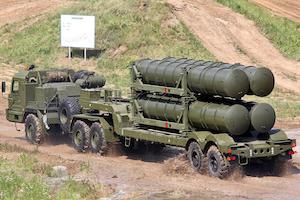Syrian Safe Zone Moves U.S.-Turkey Relationship Beyond Kobani
By Micha’el Tanchum
August 29, 2019
With Turkey poised for a cross-border invasion to clear northeastern Syria of U.S.-aligned Kurdish forces, Washington and Ankara announced an agreement on August 7, 2019 to jointly create and patrol a safe zone in the region, averting the possibility of the two NATO allies exchanging fire. Far from a climb down for Ankara, the agreement enables Turkey to achieve its minimal goals, and probably more. At the same time, it provides a significant yet delicate reset opportunity for Turkey-U.S. relations that have been severely strained since the U.S.-Kurdish military partnership than began with Battle of Kobani.
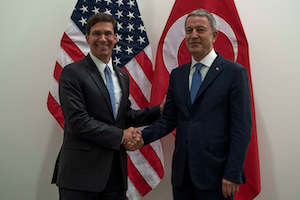
Are Happy Days Here Again in Turkey?
By Halil Karaveli
July 5, 2019
The resounding victory of the opposition in Istanbul has rekindled the democratic hopes of an urban middle class that had come close to losing all hope about the future of Turkey. Yet the democratic vision of Ekrem İmamoğlu, Istanbul’s new mayor, who many see as the next leader of their country, is limited by his embrace of a conservative political tradition that is very much responsible for the persistence of authoritarianism in Turkey. Although the Istanbul election has shown that it takes a conservative to beat a conservative, Turkey is going to need something else to build a lasting democracy.
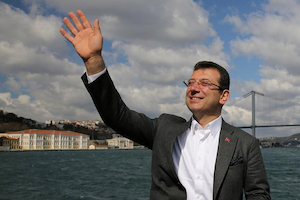
A Dangerous Policy of Turkish Containment in the Eastern Mediterranean
By Micha’el Tanchum
July 3, 2019
Turkey's provocative action of sending two drillships into Cypriot waters to explore for natural gas is a response to a grander provocation coming from the Republic of Cyprus, Greece, Egypt, and Israel to exclude Turkey from the marketing of Eastern Mediterranean gas. This common front, composed of interlinked security partnerships among the region's current natural gas producers and Greece, has been increasingly supported by the United States, France, and Italy, each of whom has significant economic investments in Eastern Mediterranean gas. For Ankara, its NATO allies' support of this common front is tantamount to a policy of soft containment against Turkey. The hardening of this containment through substantial naval support to the Republic of Cyprus as a response to Turkey's actions could send the Eastern Mediterranean into a dangerous escalation spiral that could permanently alter Turkey's relationship with NATO.
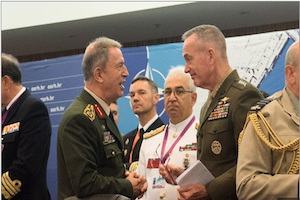
The Deeper Dynamics of the Istanbul Rerun
By Halil Karaveli
May 16, 2019
In Turkey, appearances tend to be deceiving. It is a mistake to take the cancellation of the Istanbul election result as proof that President Recep Tayyip Erdoğan refuses to accept defeat at the polls. The Kurdish vote decided the outcome in Istanbul, exposing the vulnerability of a system that was supposed to neutralize the influence of the Kurdish political movement. The Istanbul rerun speaks of the power of Devlet Bahçeli, the nationalist leader, and of the state cadres who see the victory of an opposition in tacit alliance with the Kurdish movement as an existential threat to the state. Erdoğan did not dare to challenge them.
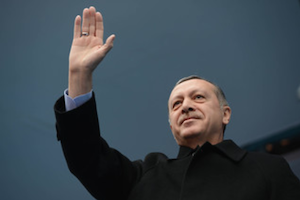
Turkey's Purchase and the Path to a Post-American Alliance Architecture
By Micha’el Tanchum
April 22, 2019
Turkey's taking delivery of the Russian S-400 air and missile defense system in July 2019 is a momentous strategic step. It reflects the realignment of Ankara's interests away from Washington and toward Moscow. Washington's planned punitive measures could precipitate Turkey’s exit from the NATO alliance. Unless concessions are forthcoming from the U.S. to induce Turkey to reciprocate by finding a face-saving way out of installing the S-400 system, a strategic divorce may not be averted.
